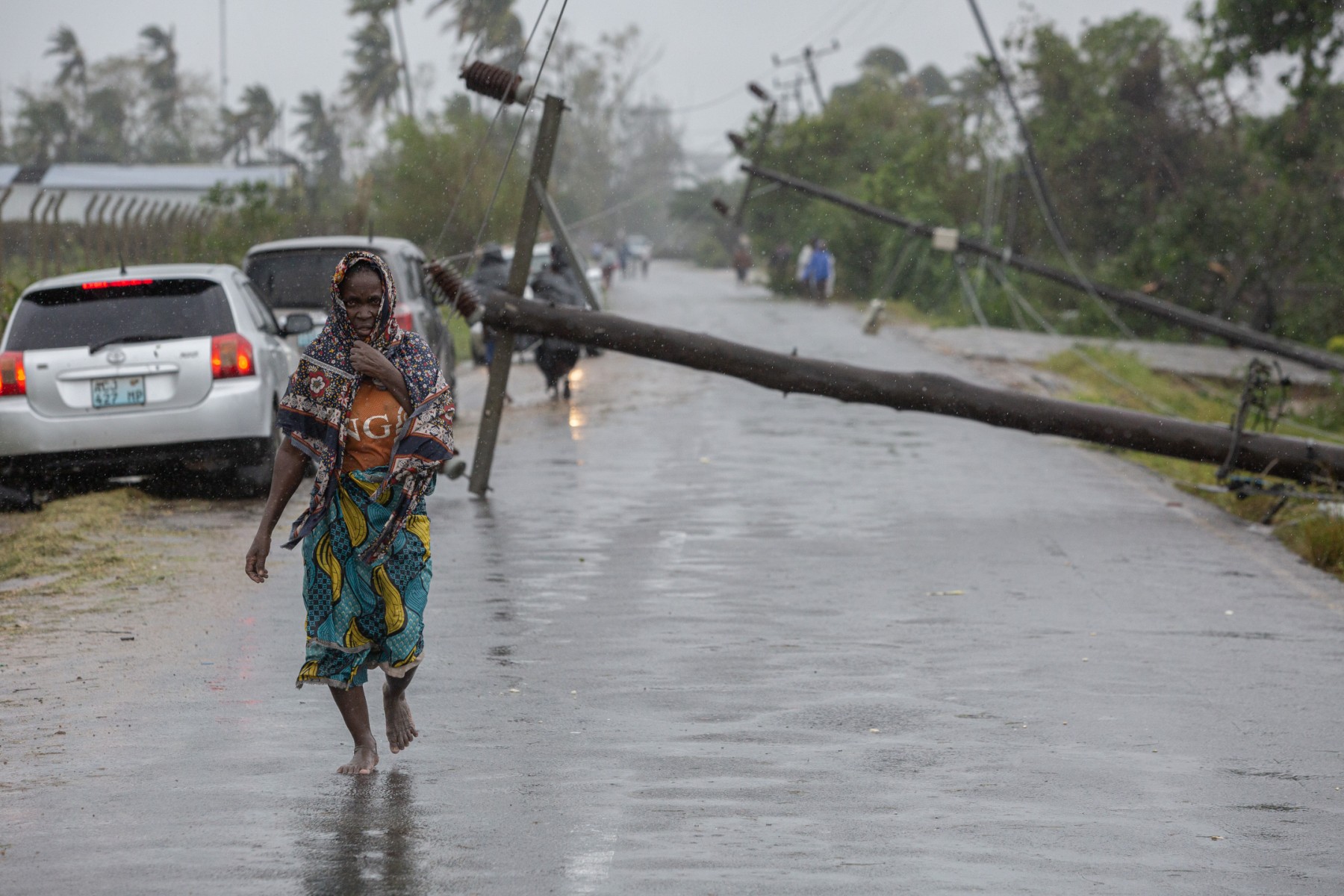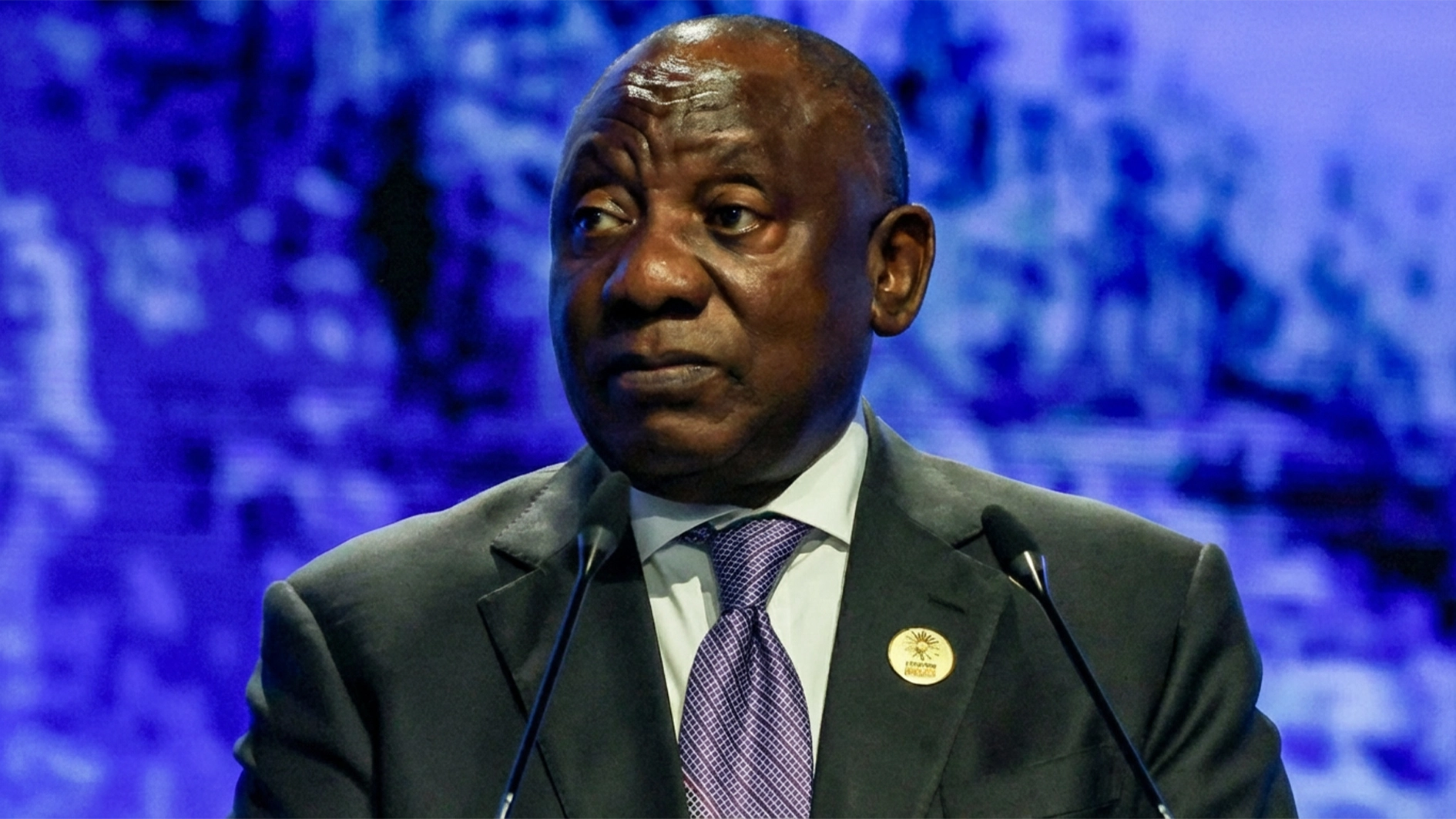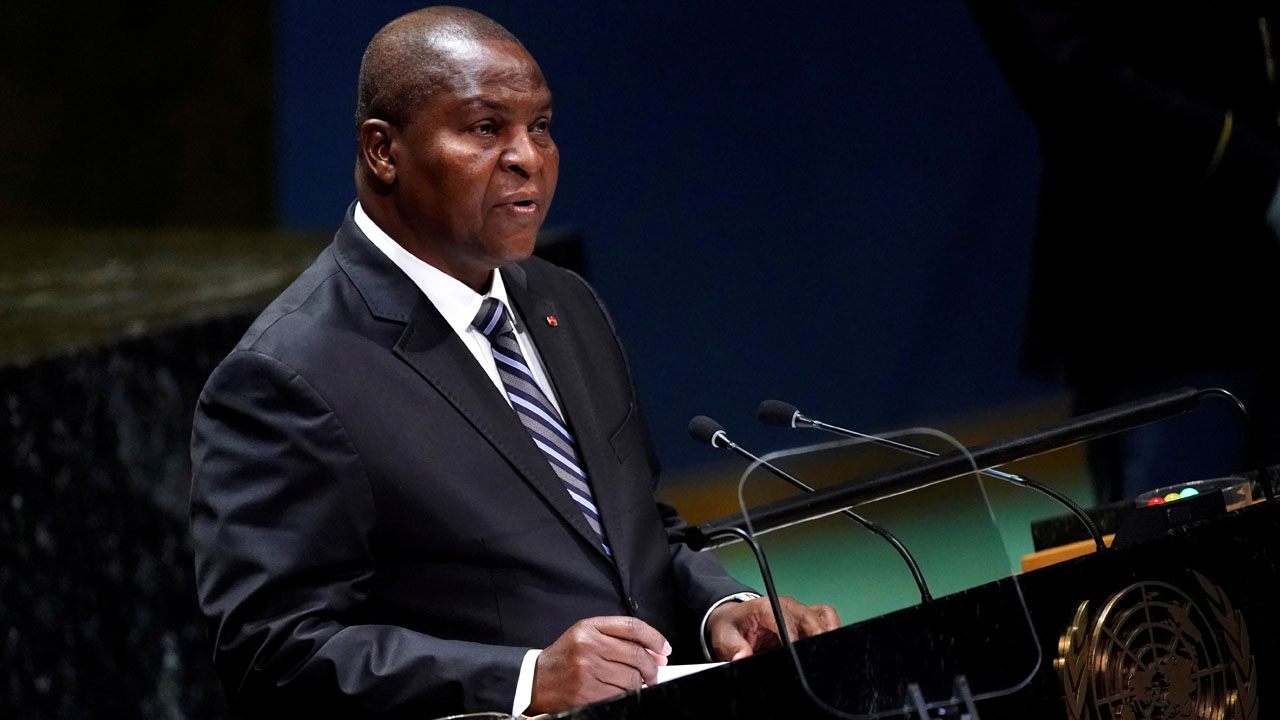
Cyclone Freddy, packing powerful winds and torrential rain, killed at least 70 people in Malawi and Mozambique on its return to southern Africa’s mainland, authorities said Monday.
More than 60 bodies were found during the day in southern Malawi where heavy downpours triggered flooding, according to the Red Cross.
“Sixty-six people have died in Malawi, 93 injured and 16 people are missing due to Tropical Cyclone Freddy,” tweeted the humanitarian organisation, which is helping with search and rescue operations.
Four more died in neighbouring Mozambique, local authorities said.
An assessment of the damage was still underway, with the Mozambique National Institute for Disaster Management (INGD) saying the fallout from the storm’s second landfall in the country was worse than expected.
“The number of affected people was above the forecast,” INGD head Luisa Meque said, adding the storm struck also areas that had been “deemed safe”.
Freddy, a major cyclone on track to become the longest-lasting on record, barrelled through southern Africa at the weekend for the second time within a few weeks, making a comeback after a first hit in late February.
In Malawi, Blantyre city was badly impacted, with regional police spokeswoman Beatrice Mikuwa saying 36 bodies were recovered in the township of Chilobwe “which has been hit the most”, with dozens of houses washed away.
“Rescue efforts are still underway but they are being hampered by the incessant rains,” said Mikuwa.
Richard Duwa, 38, said his sister-in-law’s family was swept away by flash floods.
“We got a call from the neighbours at around five am to say that ‘your relations have been washed away by the rains’,” Duwa, a government clerk, told AFP.
“Unfortunately, we have just recovered one body, a small boy, but the remaining four are not to be seen.”
Malawi’s government ordered schools in ten southern districts to remain closed until Wednesday, with rains and winds expected to continue to batter the nation’s south.
National carrier Malawi Airlines said all flights to Blantyre have been cancelled until further notice after an inbound plane ran into the bad weather mid-flight and was forced back to the capital Lilongwe.
Longest-lasting tropical cyclone?
Freddy reached the landlocked country early Monday morning after sweeping through Mozambique at the weekend.
In Mozambique, at least three people died in Namacura, a town in the central Zambezia province, according to district head Moura Xavier.
One more was reported dead at the weekend, after a house collapsed in the nearby district of Zalala.
The death toll was expected to increase, as authorities worked to reach all affected areas.
“We are prioritising rescuing people and removing the lifeless bodies. We don’t have numbers,” said Andre Tazingua, a fire service commander in Zambezia.
“The most important thing is the assistance we are providing and we will continue to work.”
Guy Taylor, a spokesman for the UN children’s agency UNICEF, said rains had abated on Monday but the hard-hit Mozambique coastal city of Quelimane remained without access to clean running water.
Flooding affected parts of the city, he said.
“There’s a lot of damage,” Taylor said by phone. “In the more rural areas, many houses are completely destroyed”.
According to the UN World Meteorological Organization (WMO), Freddy, which formed off north-western Australia in the first week in February, was set to become the longest-lasting tropical cyclone on record.
It crossed the entire southern Indian Ocean and blasted Madagascar from February 21 before reaching Mozambique on February 24.
Following what meteorologists describe as a “rare” loop trajectory, Freddy then headed back towards Madagascar before moving once more towards Mozambique.
Upon its return it carried even stronger winds and rains, Taylor said.
In total, Freddy has so far killed at least 97 people — 66 in Malawi, 14 in Mozambique and 17 in Madagascar.
The last cyclones to cross the entire southern Indian Ocean were Tropical Cyclones Leon-Eline and Hudah in 2000.






